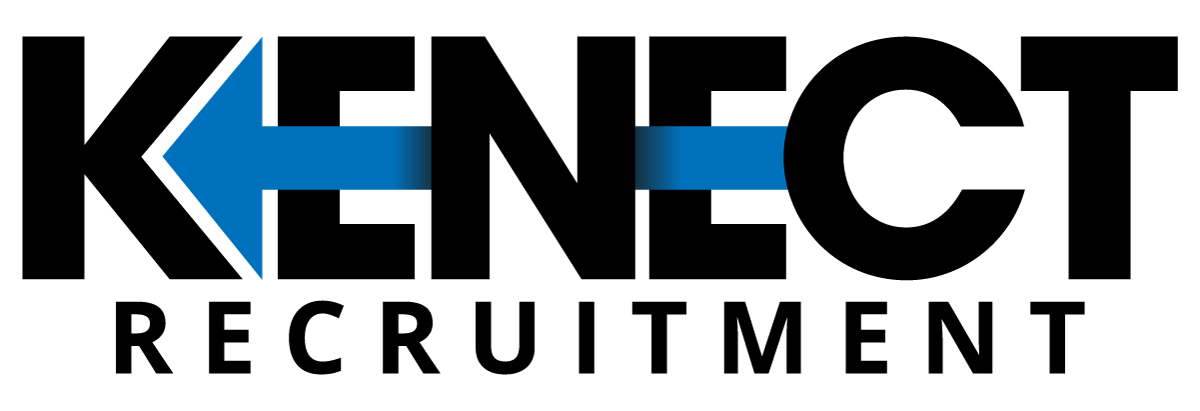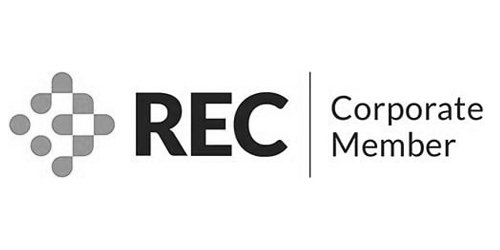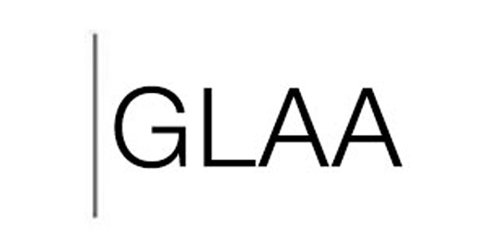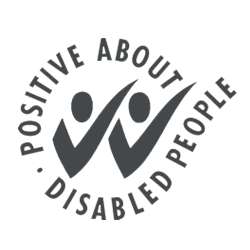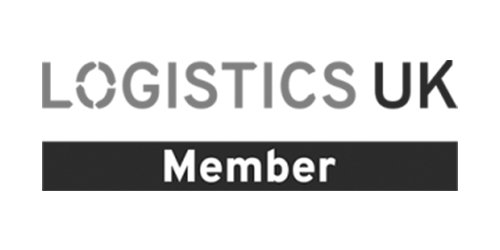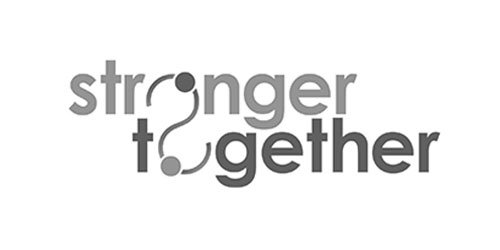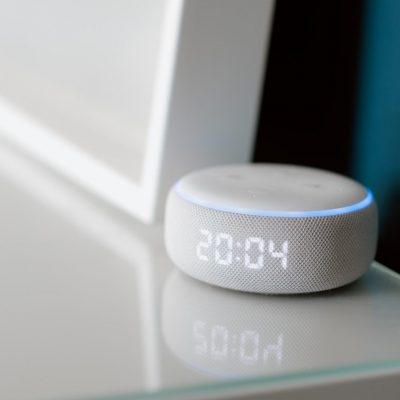 Is taking recruitment agencies into an era of fully automated AI services and algorithms the right thing to do?
Is taking recruitment agencies into an era of fully automated AI services and algorithms the right thing to do?
If the first thing that pops into your mind when you hear “AI” is Steven Spielberg’s underrated 2001 movie, then you’re not alone–but you’re not exactly on the right path either. We’re still quite a way off from being able to produce AI that’s totally conscious and self-aware. But what we can produce today is nothing short of amazing.
Industry is changing quicker than ever since the pandemic hit last year. Businesses are looking to work more remotely, and it looks like this is a trend that will remain in some form after restrictions are completely abolished. But is this a good thing?
Don’t get me wrong, every business should move forward with new technology, but some maybe taking it a little too far. When it comes down to certain businesses like recruitment, there is no way you can make the process completely automated. Yes, a fully functional automated CRM that links clients, job seekers and job boards is great, but when you start crossing the line and allowing direct contact between client and candidates before you’ve even introduced yourself, it portrays laziness and uninterest.
I don’t know about you, but recruitment to me is about building relationships and speaking to people face to face and on a regular basis, working hard for your clients and job seekers and using your unique knowledge and skill set to make placements that work.
Using a computer system to help assist is great, but using one that uses a precise algorithm to determine which workers digital personal profile fits best to a job and then relying on that AI to then offer and make the placement with the client worries me to death! If anything, I feel it’s quite insulting and discriminative to be chosen by a computer in this way, especially when it’s based on manual information that could be incorrectly entered into a system by an administrator, or maybe this will be the Consultants new role now?
From the clients perspective
As a client, I’d be thinking, Why am I paying a margin for such a service? I have less interaction with people who supposed to be helping and supporting my business which sometimes is nice as I can get on with my job, but I need that interaction for the ever-changing factors involved in my temporary recruitment requirements.
Take this scenario; a Recruitment Consultant enters a client’s premises and seeks new business. They look the part, sound the part and then towards the end when the client asks them “Will it be you that I’ll be dealing with moving forward?” and they reply… “Oh… No, I’m afraid our services are all automated and an algorithm will automatically fill your bookings” … The client’s response should be “What!? Yeah, I don’t think so”.
From a consultant’s perspective
What about from a Consultants perspective? Is the role of Recruitment Consultant now obsolete? Will they now become data entry clerks and no longer have desk phones? I doubt it, but you must wonder if the role will be watered down and be less attractive.
A recent study by the Pew Research Centre shows, most Consultants view recruitment automation with worry rather than enthusiasm. In fact, when it comes to the question of AI, algorithm’s and computers taking over human recruitment jobs, 72 percent of respondents said they were worried or very worried, with only 33 percent expressing any sort of enthusiasm.
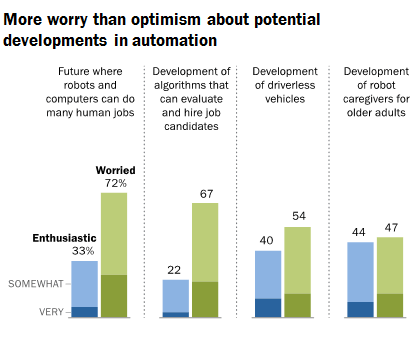
This clearly illustrates the knowledge gap that exists between what AI and automation are capable of today and what potential impact many believe it will have on the talent acquisition space.
From the job seekers perspective
Job seekers need an easy to understand platform when registering for work and for when jobs are offered, like this one. A simple text or phone call has been the norm for a long time and works well.
Using a fully automated CRM for job seekers could be dangerous. As the AI begins to match profiles and positions, we assume messages to job seekers to offer them suitable roles are sent out in droves which may sound great at first from a recruiter’s position. However, if 200 candidates match the same profile and there is only one job, 200 messages are sent out in that one period. If the client then requests the same again an hour later and 3-4 times over a 12-hour period, that’s a lot of spam messages being received. I’m sure an ‘opt out’ option will be available, but doesn’t that then contradict the system itself? Unless, of course they go back to picking up the phone!
The reality is, the ultimate effect of automation is something very positive for everyone, but fully automated recruitment systems that replace human interaction and relationships, just won’t work!
Automation can do a lot of things for recruiters, but as with any powerful technology, it must be implemented properly.
I mean, how does a fully automated CRM system resolve no-shows, walk offs, sickness, holidays, change in availability? Yes, some of these can be foreseen but 90% of them won’t be and the client needs clarity and immediate resolve that cannot possibly be rectified by a computer… and no, not even Alexa can help you with that!
Too much automation can take the human element right out of the recruiting department, presenting an employer brand that is cold and unattractive. But not enough automation, and your team won’t have the resources available to hit their recruiting goals. In either scenario, hiring will suffer and, by extension, so will your business.
The true potential impact of automation in recruitment lies in the proper balance between technology and human interaction. Here at Kenect recruitment agency, we use a balanced system that matches people based on skills and our expert Consultants will talk and listen to the individual needs of job seekers and clients without discriminating or dehumanising the hiring process.
